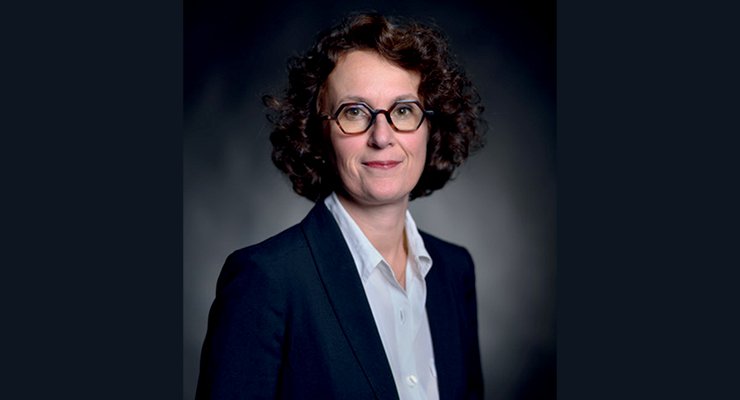Nous utilisons des cookies sur le site pour mesurer l’audience et intégrer des services permettant d’améliorer l’interactivité du site. Vous avez la possibilité d’accepter ou de refuser nos cookies, à l’exception de ceux qui nous permettent d’assurer le fonctionnement du site. Pour en savoir plus sur les cookies utilisés et personnaliser votre consentement, cliquez sur Personnaliser. Vous disposez de la possibilité de retirer votre consentement à tout moment, en cliquant sur le pictogramme cookies, qui apparait en bas de l’écran.
Ces cookies permettent aux services principaux du site de fonctionner de manière optimale. Vous pouvez techniquement les bloquer en utilisant les paramètres de votre navigateur mais votre expérience sur le site risque d’être dégradée.
Le stockage ou l’accès technique est nécessaire dans la finalité d’intérêt légitime de stocker des préférences qui ne sont pas demandées par l’abonné ou la personne utilisant le service.
Nos cookies de mesure d’audience servent uniquement à produire des statistiques anonymes pour le compte de l’UTC, ne permettent pas le suivi global de la navigation et ne conduisent pas à un recoupement des données avec d’autres traitements ou à une transmission à des tiers.
Le stockage ou l’accès technique qui est utilisé exclusivement dans des finalités statistiques anonymes. En l’absence d’une assignation à comparaître, d’une conformité volontaire de la part de votre fournisseur d’accès à internet ou d’enregistrements supplémentaires provenant d’une tierce partie, les informations stockées ou extraites à cette seule fin ne peuvent généralement pas être utilisées pour vous identifier.
Un cookie tiers correspond à un fichier intégré par un site autre que l’UTC, afin de stocker des informations localement et de suivre votre parcours sur plusieurs sites. Certaines fonctionnalités de notre site s’appuient sur des services proposés par des sites tiers. Ces fonctionnalités déposent des cookies permettant notamment à ces sites de tracer votre navigation. Ces cookies ne sont déposés que si vous donnez votre accord.


